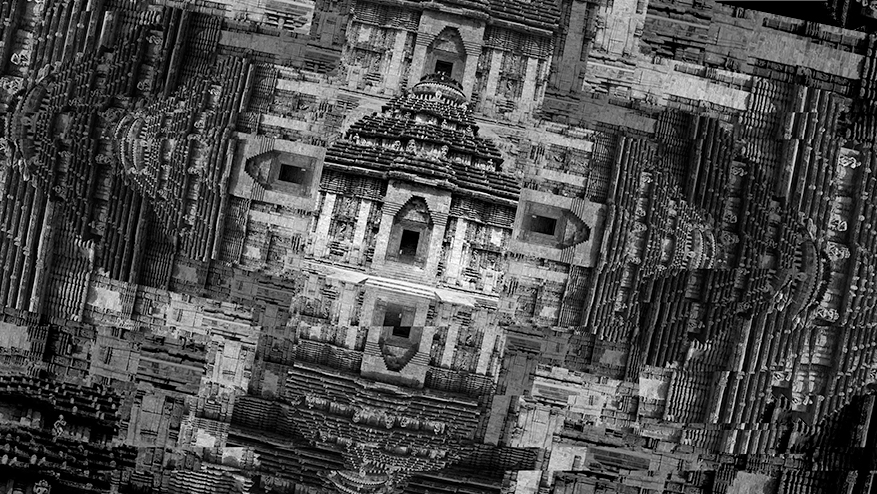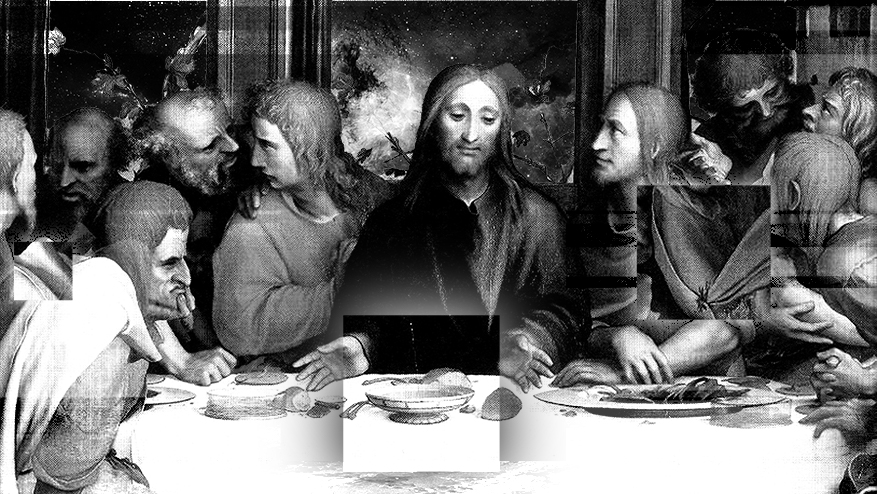Modern rhetoric often depicts religion as an oddity, a remnant of a superstitious and barbaric past. A past overcome through the virtues of rational skepticism and material progress.
This view of religion expresses brilliantly modern man, whose eye is fixed on future horizons while he remains oblivious to his past and present predicament.
In truth, religion is the beating heart of human culture – the bridge we build to our highest ideals.
Here we take a brief look at the traditional role of religion in human culture. This will not only inform us about our past, but also help us see just how dangerous our modern crisis of faith really is.
Religion And Culture
The prominent scholar Juri Lotman defines culture as uninherited collective memory which becomes manifest in the form of restrictions and obligations. This might be a rather long-winded definition, but it boils down to a basic principle.
Here’s an example.
Mary eats a mushroom and gets sick. She remembers it. Then she goes on to eat an apple, which is yummy and makes her feel sated. She remembers this too.
Some years later Mary has grandkids who are forbidden to eat mushrooms and told to eat apples. They don’t know why that is. Still, they obey these restrictions and obligations because their mommy said so because her mommy said so, etc…
This is how an actual memory becomes preserved in the repository of culture and then gets translated in the form of restrictions and obligations. At some point, the original memory disappears, but its echoes remain in the cultural fabric. What was once personal becomes collective.
This simple algorithm quickly gives rise to incredible complexity. Countless beliefs and experiences get layered on top of each other. A set of do-s and don’t-s arises – a system of values is born.
These cultural values divide the world into Good and Evil, Right and Wrong, Beautiful and Ugly, True and False. The more conservative a culture, the less nuanced these categories become. And for all their shortcomings, cultural values serve the invaluable role of orienting us through the labyrinth of human existence.
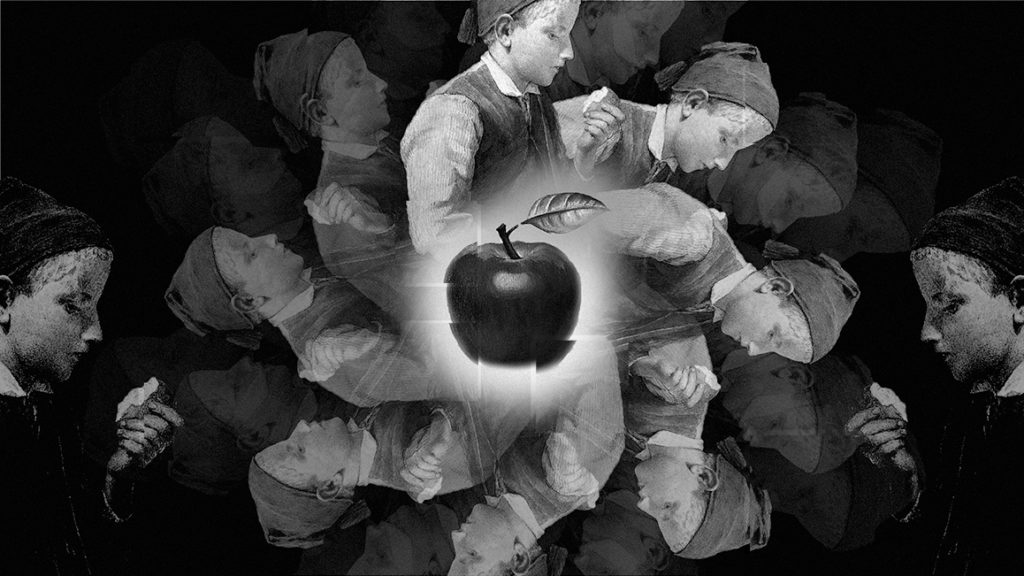
As Within, So Without
The process we’re describing applies not only to the empirical world of objects and events.
You see, in our example, Mary eats an apple and calls it good. This bestows to the apple as a particular object the universal quality of the Good.
Generations later, Mary’s descendants will do the opposite. They will use the apple as an image in poems, paintings, and movies to symbolize the Good itself. They will use the imagery of the particular object, to express the transcendent reality behind it.
Culture thus holds not only our collective memory about the physical but also about the metaphysical world.
For this reason, the Soviet scholar Boris Erasov calls culture a system of spiritual values.
In our example, it is not only that apples and mushrooms receive cultural value through Mary’s experiences. Good and Evil as universals also gain definition through their embodiment in particular objects and experiences.
Culture thus provides a canvas for the collective to express the universal categories of the human spirit.
The Sacred And Profane
The distinction between these two aspects of human experience – the particular and the universal – has been most famously described by Plato. Plato speaks of the illusory world of our senses and the world of forms which is its actual source. But this idea is far older and more universal.
Human consciousness, Mircea Eliade tells us, irrespective of its cultural and historical context, appears to naturally divide the world into two planes. The plane of the manifest and particular – and the plane of universal archetypes. The Sacred and the Profane.
We find this idea in every artifact of human culture, but there is a particularly strong expression of it in Buddhism.
In the earliest suttas, the Buddha divides reality into samsara and nirvana. Samsara is the realm of suffering, ignorance, and impermanence, whereas nirvana is… for the lack of a better word, a transcendent reality perfect in every way.
The Buddha describes samsara as the place we are in and nirvana as a distant shore. He describes his teaching as a raft that takes you to that distant shore.
Now let’s meditate on this for a moment. To take our earlier example, if the Buddha meets Mary, he can tell her the following:
‘Today, Mary, an apple tastes good and tomorrow it is rotten. If a good apple turns rotten, what happens to the Good itself, does it get rotten too? And if an apple tastes good, and if making love feels good, and if telling the truth is good, are these all different kinds of good or the same good?
‘If you wish to know these things, Mary, sit with me. I can guide you to the distant shore which is the home of the Good itself.’
Religion is man’s most sincere attempt to establish a relationship between the empirical world and the transcendent realm of ideals. This is a narrow definition, but it serves our purposes.
Today religion gets bashed for unscientific claims, acts of violence and oppression, and its use in political power-grabbing. While these accusations hold true, they apply as easily to politics, economics – and modern science too.
In other words, these shortcomings are characteristic of people, not of religion itself.
So then what is characteristic of religion alone?
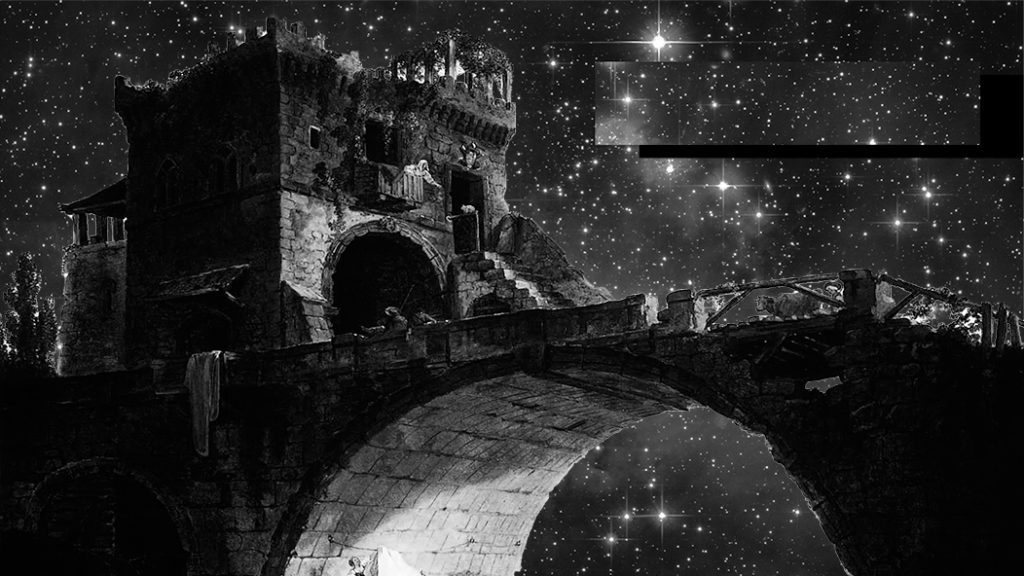
Homo Religiosus, Builder Of Bridges
The French sociologist Roger Caillois claims the Latin word religio initially denoted the straw knot which held together the beams of Roman bridges. Placing this knot was the duty of the pontifex, meaning ‘bridge-builder’. The pontifex was also a priest, since building bridges meant to interfere with the natural order of the world and required magical protection.
This is a hypothetical etymology of our word ‘religion’, but it does point to the heart of the matter.
Religion is our bridge between here and the distant shore. It orients us as we navigate the difficult gulf between our limited human experience and the landscape of universals and values.
And we do need this bridge.
‘Man shall not live on bread alone, but on every word that comes from the mouth of God.’
Mathew 4:4
It is our particular human nature that we inhabit not only the empirical world.
The depression epidemic among the richest world nations proves no abundance of physical resources can alone meet the needs of human life.
To have food, water, sex, power, safety… these are all good, but still, they are the ambitions of the animal. What then is our uniquely human ambition?
I believe it is to live with meaning.
To align ourselves with that world which only we have been able to set foot in. The world of Spirit.
Mary needs the apple as nourishment for her body, but she also needs the Good embodied in the apple as nourishment for her soul.
This spiritual dimension of human life leaves its mark on the empirical world and yet lies entirely outside of it. It cannot be an object of empirical science and thus it has been widely denounced in our time. Modern science is still too young to admit of the various ways in which the world presents itself. And it can only know what it allows itself to know.
But we do not need to wait for science to catch up with our own lived experience. The yearning for meaning, the need to align with the Good is in our very soul.
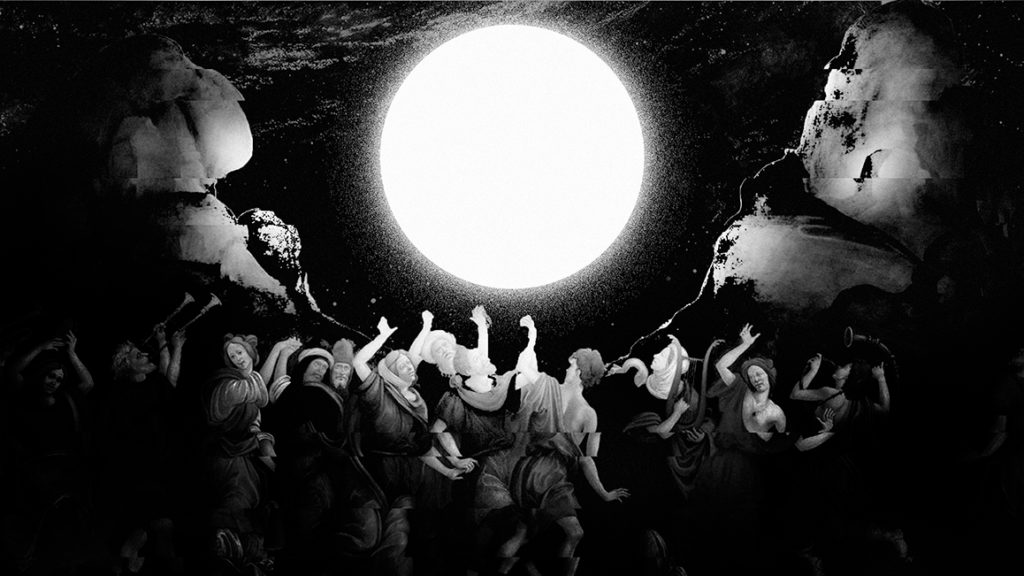
Idolatry – A False Religion
Here we may object: ‘Religion is not our only bridge to the transcendent. We have art, music, poetry, we have philosophy, meditation… Why can’t these suffice as bridges to the beyond? Can’t Mary be a perfectly good atheist and still get her hit of the transcendent?’
Yes, we can find ersatz religion with all kinds of substitutes. We can follow ideologies, we can worship musicians and movie stars, we can seek the divine in relationships, drugs, hobbies, work…
The transcendent haunts all human activity, but it is itself not present in anything that can be touched, seen, or thought of.
The issue with ersatz religion is that it usually ends up being a form of idolatry. It fails to differentiate between the form in which the transcendent is manifest and the transcendent itself, which is by nature beyond form. It confuses the unlimited with the limited – the Moon with its reflection in the pond.
Religion is designed to make this distinction – or more developed forms of religion are anyway.
‘Do not worship false idols’, Yahweh commands. ‘Do not confuse the raft with the other shore’, the Buddha teaches.
Form
Naturally, our consciousness cannot perceive the transcendent without the mediation of form. It is true we should not confuse the Moon with the finger pointing at it. It is also true we need the finger to point us to the Moon.
And so religion employs music, art, science, philosophy, and especially stories. These are different formal expressions of the same formless reality – like different mountain paths leading to the same peak.
But this variety of forms has come at a cost. It has been the root of most religious conflict.
Whereas in the global world of today it is easy to compare various religious traditions, it has not always been so. Once there was only one true story about God and that was the story of your people. All else was heresy.
Today we can no longer close our eyes to the cultural variety of religious expression. This has led to our great spiritual disillusionment. ‘If there are so many and different stories about what God is and what He wants… Are we to believe any of them?’
This appears to be a more mature stance than the constant bickering of our ancestors about which faith is the correct one.
But is it really?
If once all foreign religion was nonsense, today all religion whatsoever is nonsense. Has this really emancipated the human spirit?
I believe today, as in ages past, we perpetuate the same conceptual error. The error of mistaking the means for the end, or mistaking the word for the meaning.
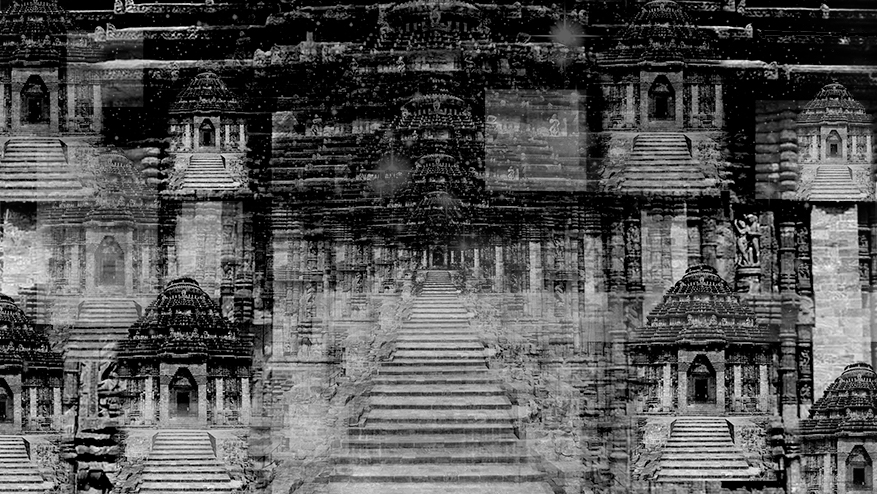
Speaking Of God
You see, whether you write гора in Bulgarian, वन in Sanskrit, or forest in English, you always mean approximately the same thing. Yes, each word vibrates differently in its home language… But a Bulgarian, a Brahmin, and an Englishman will not argue which word is more correct for a patch of woodland. Nor will they argue that, since there are various words for it, a patch of woodland doesn’t exist!
Why can’t we reconcile in the same way our stories about the transcendent?
Only a superficial understanding of religion can conclude that one faith could or should be more correct than another. That the variety of religious stories disheartens us is an argument against our understanding – not against the stories themselves.
Deeply religious people of all ages have always known this. Meister Eckhart for one tells us that ‘theologians may quarrel, but the mystics of the world speak the same language‘.
For those in touch with the transcendent, it is no surprise that God and the world He manifests contain an infinite number of meanings. Many of these meanings even appear to contradict each other. Such a reality can never be captured by one story alone – nor can our limited human mind comprehend it.
Religion Of The Future
The question remains: How are we to move forward when the bridges and stories we once traversed no longer welcome us? With the shepherds dispersed, the flock is now up for grabs for predators such as ideologues, spiritual charlatans, and the Great Enemy – nihilism.
The fundamentalist answer is to regress back to our lost state of innocence. To shut our eyes to the cries of today – to live as our forefathers lived and let all else go to hell. ‘If Mary bowed to the Apple Goddess, I will bow to the Apple Goddess and I won’t ask any questions.‘
But this betrayal of the modern soul is a greater moral defeat than any religion can compensate for.
The nihilist answer is to let go of all striving after meaning and find some way to numb our existential pain while we wait out the course of our meaningless life to finally come to an end. ‘Better wallow in the misery of my superior intelligence than to give voice to the superstitious idiocy of my heart.‘
But this is to murder one’s soul even while your body still wanders the earth. It is to become a husk of a human being.
I don’t believe religion has stagnated because we have seen through it. Rather, we have not seen enough, not deeply enough anyway.
Blind imitation of tradition cannot restore our relationship with the transcendent – nor can we bypass this relationship. Rather, the narrow path forward is the path of understanding. Understanding better our own modern souls and also the stories left behind by our ancestors.
It is the alchemy of this twin process that will extract the essence of the eternal Spirit, everpresent in all times and places, forever beyond description. To reach for this Spirit, to tune our hearts to its beat – this will be the making of a religion of the future.

